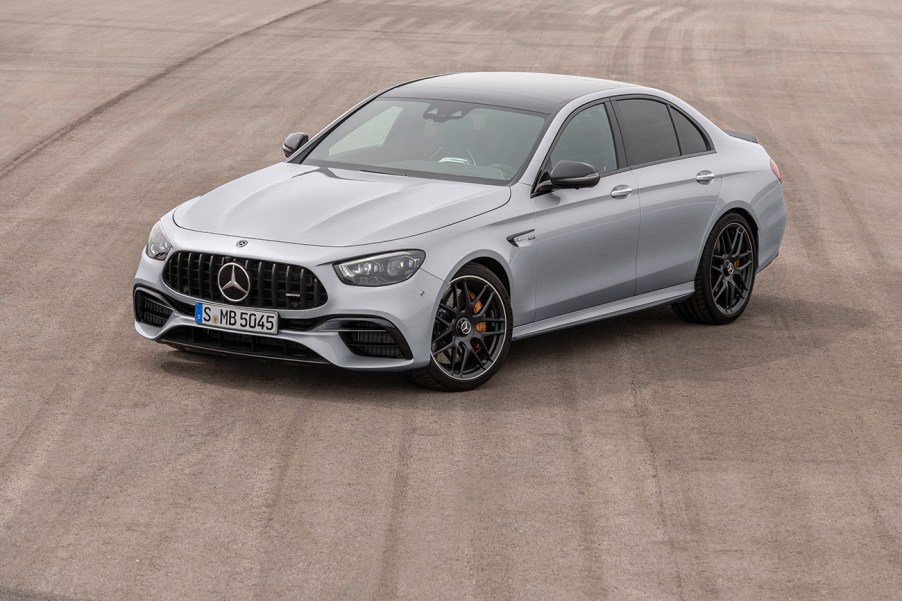
Many Mercedes Gas Engines Are Gone Before 2025
Carmakers in Europe can be slammed with fines of almost 100 Euros per car for not meeting CO2 emissions caps. Mercedes was able to avoid those fines in 2020 by meeting the numbers, but it was a struggle according to its CEO. And as the targets go up, it won’t get any easier. So, one way Mercedes is helping itself is by eliminating most of its engine variants.
Mercedes won’t say which of its engine families it is not going to offer in the US

It is not saying which ones will get killed but it is fairly easy to speculate. Since smaller engines have to work harder than larger displacement engines. In turn, they pollute more. So while the thought is that larger displacement engines would get axed, it might be the opposite.
“(Mercedes-Benz) will reduce the number of engine variants, going through Euro 7, by about 50%,” said Markus Schäfer, the chief operating officer, in an interview with Autocar. Older engines are probably on the list to go as well. Obviously, their efficiency and emissions are inferior to more recently designed gas engines.
For 17 of next year’s models, Mercedes has already confirmed the hybrid 4.0-liter twin-turbo V8 won’t be available in the US. But this is due mostly to supply chain issues as it is for CO2 reasons. But, if you order your Mercedes with the AMG GT option, it appears that it won’t affect those models.
Some Mercedes E 63 orders have been replaced with E 53 models instead

That means the AMG GT, GT C, and GT Black Series can still be ordered. Many of those who ordered one of the 17 V8 engines have had their orders canceled. Some, according to Reddit, have had their orders substituted from an AMG E 63 to E 53.
Would Mercedes design a more CO2-friendly V8? No way. It has already gone on record as saying it is no longer developing gas-powered engines. Whether something like its 6.0-liter V12, found in the Maybach S680, could be redesigned, is also unlikely.
Porsche, BMW, Audi, and Volkswagen all are facing similar CO2 caps

All of the European manufacturers are facing the same legislation, which kicks into high gear by 2025. That is one reason for their big push into electrification. They’re finding that even hybrid applications don’t give them the carbon numbers they need.
The ICE Porsche Macan is history. And cars like the Fiat 500 and Renault Twingo won’t be able to weather the carbon restrictions. So whether you’re for or against auto electrification, it is happening in real-time.
Mercedes numbers for its straight-six engines are compatible with many of its V8 offerings. Why offer so many variants that basically do the same thing? So, while Mercedes is blaming an outside source for its decision, could it merely be that it can save costs by scuttling many of its engines? We will probably never know.



